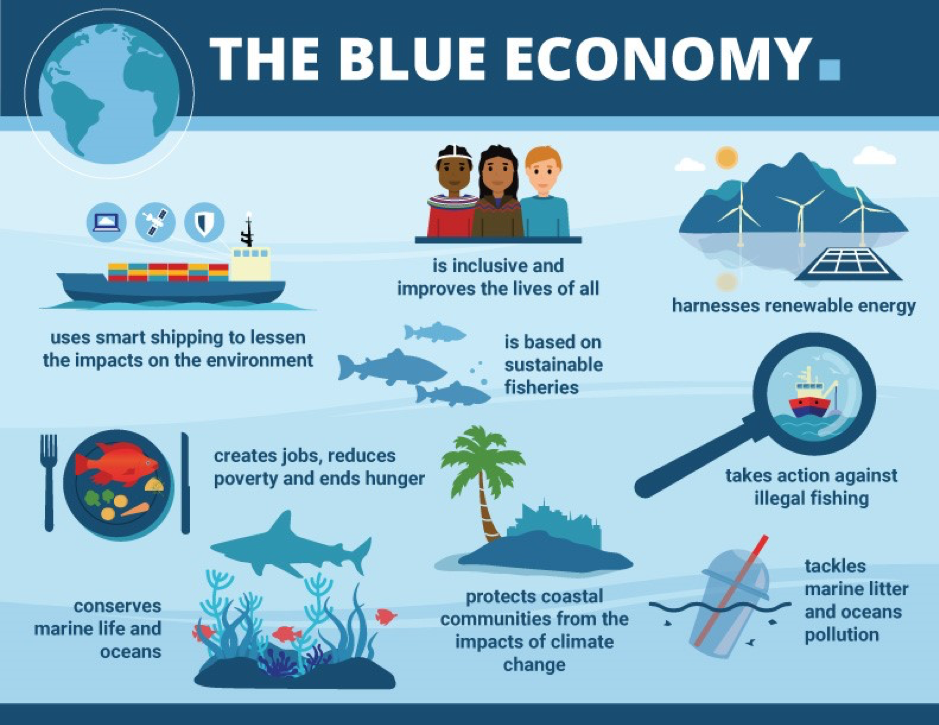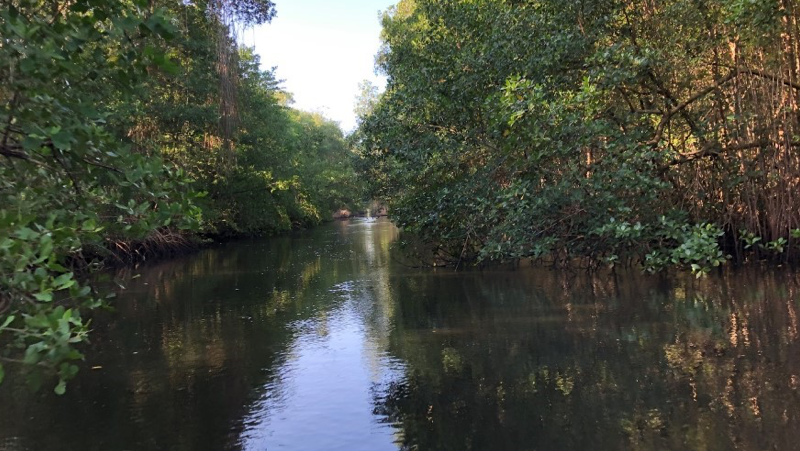Countries in the Caribbean tend to have a rough time when it comes to extreme weather like hurricanes. Due to their geography, they’re usually more susceptible to disasters and extreme weather events, have limited access to freshwater and land for agriculture, and scarce development options and international trade opportunities.
The climate crisis risks exacerbating this precarious situation. Last August, Hurricane Dorian’s destructive path across The Bahamas left damages of around $3.4 billion.
The islands of the Caribbean know these challenges all too well and are stepping up with innovative solutions. Emerging interest around the Blue Economy is just one of these.
Introducing the Sustainable Islands Platform
For example, The Sustainable Islands Platform (SIsP) is looking at the best ways to support island territories in their pursuit of sustainability and prosperity.
Developed by the Inter-American Development Bank (IDB), the platform exists under three founding pillars that are closely related: Climate Resilience, Circular Economy, and Blue Economy – the latter is a model which can significantly support economic growth in the region.
Although there are different interpretations of the term Blue Economy, it is rooted in the idea of the sustainable use of the oceans.
More specifically, and in the context of the SIsP, Blue Economy looks at the way oceans are a driver for welfare and prosperity. In short, growth is at the heart of the Blue Economy.
At the same time – considering that oceans also regulate our climate, provide us with food, social and cultural identity, and give us half the oxygen we breathe – there is a collective responsibility to support ocean health.
The islands of the Caribbean are particularly dependent on healthy oceans and with the countless natural services that the surrounding sea provides.
A 2012 report by the World Bank estimated that gross revenues of ocean use in the region amounted to at least $407 billion, mostly through shipping, mineral resources, tourism, and fisheries.
Considering that there has been historically unsustainable use and practices within these areas, a more sustainable system must be found for the 40 million residents, mostly coastal-dwelling, in the Caribbean as they consider present and future economic growth.
Making waves with the Blue Ocean Economy
The inevitable rise of population, tourism, and migration in the region will lead to increased development pressure on marine environments. Combining that with the climate impacts – sea level rise, increased acidity, extreme weather – makes for a very difficult future.
The UN lists 23 Caribbean nations as Small Island Developing States – a group of low-lying coastal countries which “share similar sustainable development challenges”.
A move, therefore, towards a Blue Economy model will consider sustainable outcomes while keeping economic growth and livelihoods front and centre.
 (Image: Blue Economy Conference)
(Image: Blue Economy Conference)
Perhaps the most notable way the Caribbean islands will successfully transition to a blue ocean economy is through the understanding of the valued resources and services within their surrounding ocean space.
It is of course local residents who must feel it necessary to make the sustainable transition to a Blue Economy future and therefore social inclusion and equality are paramount. Unlocking the potential that the ocean provides the region through education is vital, and an important element of the SIsP.
The platform also aims to build an online community of innovators and leaders who are committed to pursuing sustainable ocean development. This will bring new pathways to light and mobilise the private sector to engage with new technologies and business models.
The IDB is also establishing financial options to provide the necessary resources for island territories to implement programs and initiatives that may require high initial investment costs.
With an integrated and innovative development pathway where informed policymaking, alternative investments, and international co-operation is at the forefront, the Caribbean has incredible potential.
The 17 Sustainable Development Goals (SDGs) are a “blueprint” for all countries to work towards. Aligning with SDG 14 (Life Below Water), which aims to “conserve and sustainably use the oceans, seas and marine resources for sustainable development”, is what the Caribbean must now do in a Blue Economy model.
It is time for a paradigm shift; from thinking of the region as small land-based economies to large and powerful ocean-based economies.
This article was originally published here.
Photo: The Caroni Swamp on the west coast of Trinidad (Gerard Alleng)


Leave a Reply